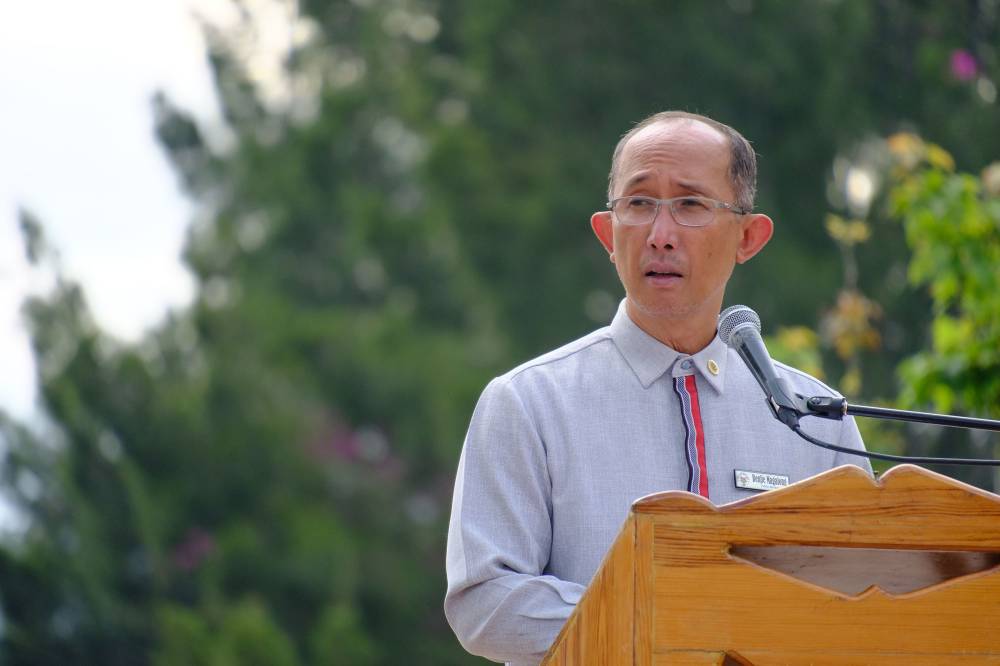Ombudsman clears Magalong in graft rap over DPWH project

BAGUIO CITY—The Office of the Ombudsman has dismissed a graft and malversation complaint filed last year against Mayor Benjamin Magalong over a contractor’s poor performance in constructing a government building partly financed by the Department of Public Works and Highways (DPWH).
The April 2024 complaint, filed by former Councilor Mylen Yaranon, accused Magalong of giving the contractor, Khatib Construction, “unwarranted benefits,” including payments despite the project’s delays. Yaranon also criticized the mayor for allowing the same contractor to bid for, and win, two more Baguio government contracts that also encountered problems.
Magalong, a founder of the anticorruption group Mayors for Good Governance, signed a memorandum of agreement with the DPWH in 2021 to access a P50-million grant. The fund was only available for a limited period and lapsed in 2023.
‘No probable cause’
Yaranon argued that Magalong should have terminated Khatib’s contract to build a multipurpose building in Barangay Irisan when delays became apparent. She said that the mayor showed “manifest partiality, evident bad faith and gross inexcusable negligence … by failing to exercise caution and to act on the reported discrepancies that he knew or should have known” as custodian of the DPWH funds.
But a special panel of investigators formed by the Ombudsman concluded in a joint resolution dated Feb. 18 that there was “no probable cause to indict [Magalong]” for malversation of public funds, other criminal acts of graft, or administrative charges like gross negligence. The resolution was received by the city government only on July 4, and a copy was secured by the Inquirer on Wednesday.
The panel, chaired by Maria Olivia Elena Roxas, acknowledged the dispute between the city government and the DPWH over how much leeway Baguio has in administering the P50-million fund.
Yaranon cited communications from DPWH officials stating that technical changes were made to the project allegedly without its permission. However, Magalong cited a provision in the agreement that grants Baguio the authority to “evaluate and approve” project details.
City government documents showed that the DPWH was apprised of the “variations” made during the Irisan project, which led to an extension of the work period, Magalong said in an affidavit.
The Ombudsman panel concluded that the agreement was unclear on whether the DPWH should have a direct hand in the project, and said the matter could be resolved instead by the courts.
“At the crux of the controversy … is whether [Baguio] can unilaterally approve the variation order and contract time extensions [of the Irisan project],” it said, and the “wording” of the agreement suggests Baguio could act without the DPWH’s explicit approval.
Because Baguio’s actions were “presumed to be regular,” the panel said the negative work slippages that prompted Yaranon to call for Khatib’s contract termination would have reflected a much smaller percentage, as they occurred during an extended construction period.

















